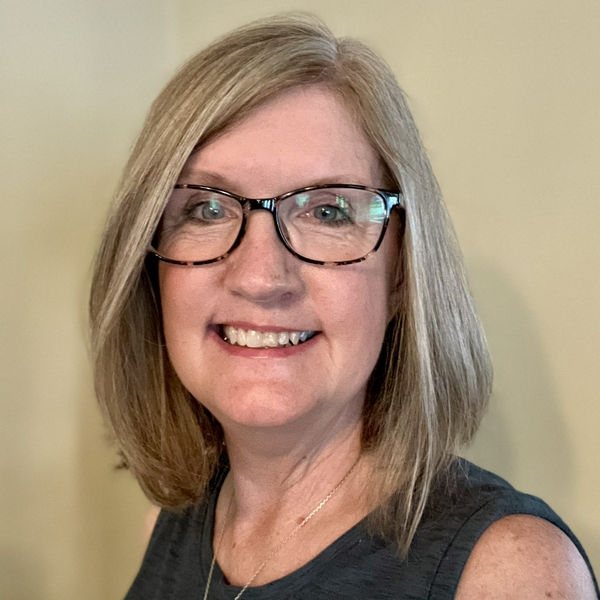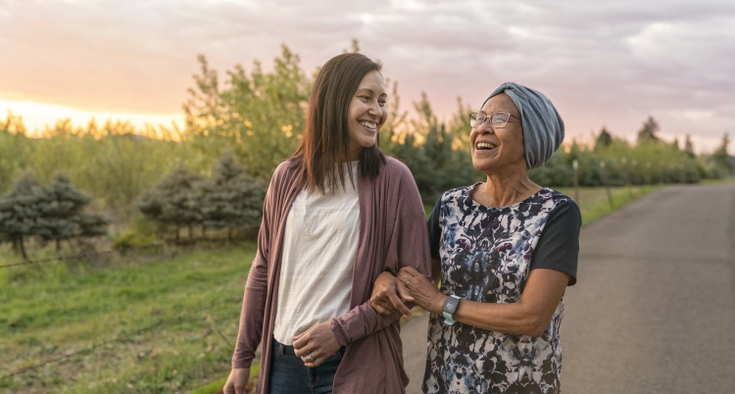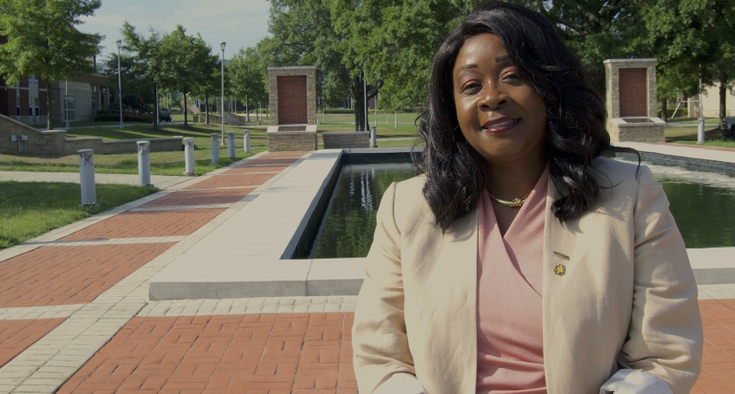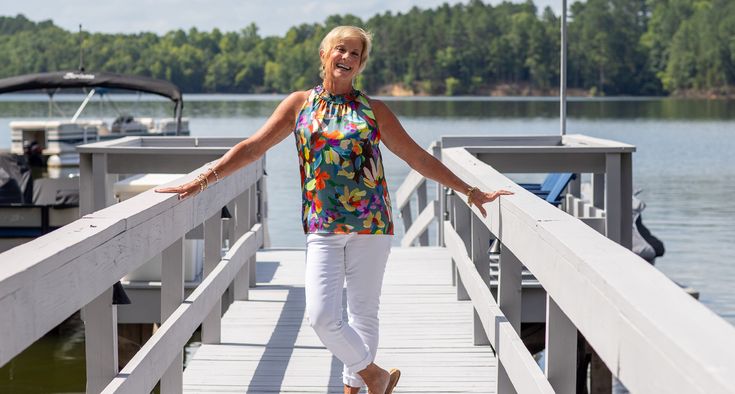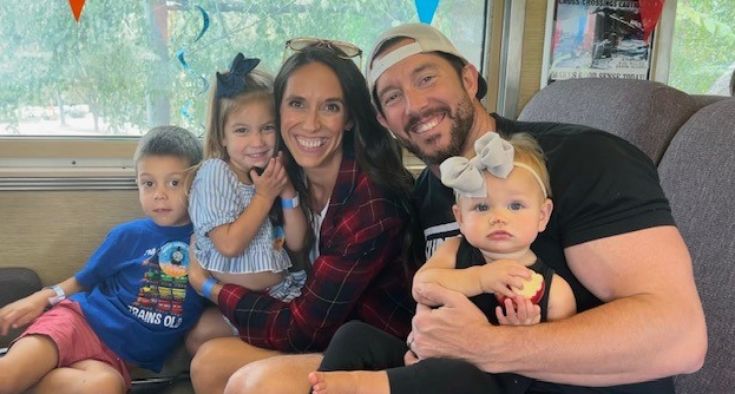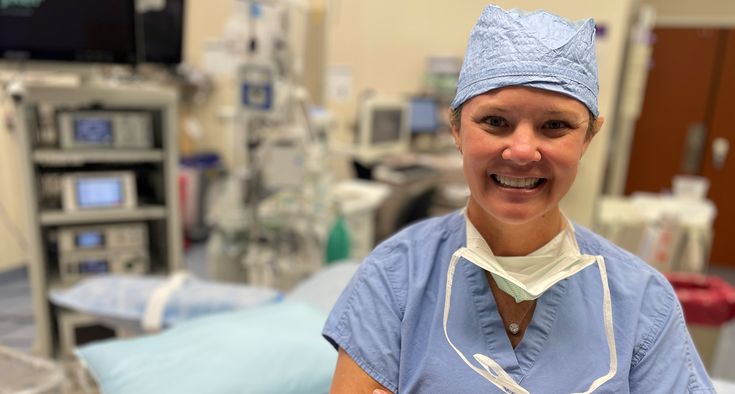When you’re comparing your breast cancer experience to another’s, it’s like trying to compare fingerprints. No two are the same, said Dr. Lori Gentile, a surgical oncologist with special training in the care of breast cancer patients at Novant Health Cancer Institute - Elizabeth.
Gentile and her team treat hundreds of breast cancer diagnoses each year, so she understands it’s only natural for patients and survivors to compare notes.
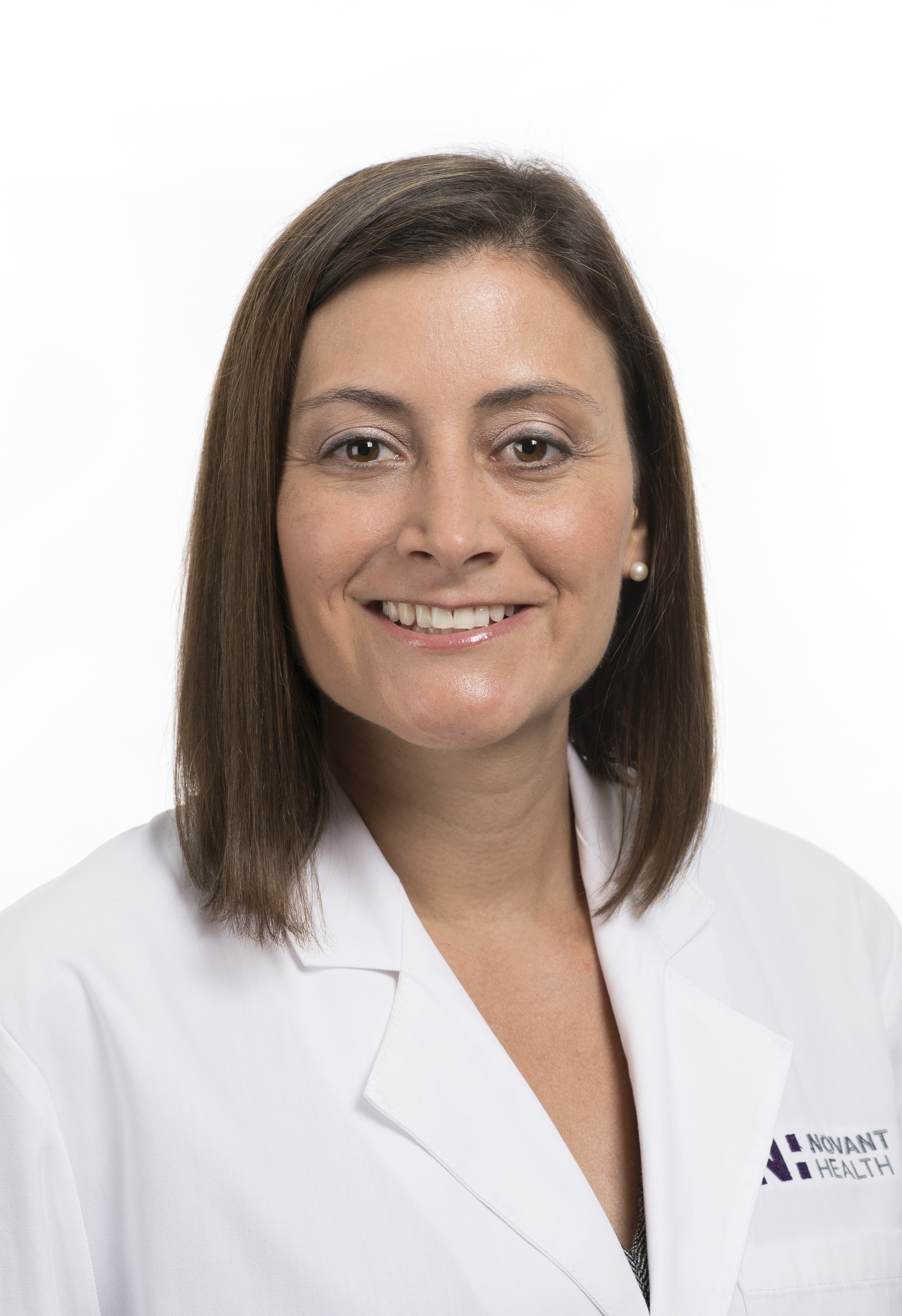
She has had younger patients struggle with the after-effects of chemo, while she’s seen older women deal with them easily. “It's very individualized, and we don't know with you how you're going to do until we try,” Gentile said.
Some women will experience long-term complications from surgery or radiation. Others might not have any reactions. And the new normal of life after cancer will be different for every woman.
It’s very common for patients to wonder “why them,” and not others, Gentile said. “I tell women that every woman tolerates their treatment in their own way.”
Thanks to better testing, few diagnoses are exactly the same today. And because of the advances in chemotherapy and radiation therapy, the treatments vary more as well. Inevitably, issues like side effects are differing more among women.
“Everything we're trying to do to be better is to give more targeted treatments specific to the cancer,” Gentile said.
Breast cancer care to support your every need.
Novant Health’s system of nurse navigators also are trained to help you understand your treatment and guide you through treatment, Gentile said.
Nutritionists, therapists, and oncologists specializing in integrative medicine are ready to offer advice on everything from chemo brain to prehab programs to give women tools before major surgery.
Big changes in cancer diagnosis and treatment
Even within the last decade, doctors have been better able identify more specific types of breast cancer. That translates into improved treatments, fewer side effects and better after-care.
Genetic testing now plays a big part in pinpointing your cancer and will inform your treatment. This helps identify genes that might have mutated within the cancer cells. Patients might also undergo an oncotype test, which measures 21 genes in those with early-stage, estrogen receptor-positive, HER2-negative invasive breast cancer.
Gentile, who has been in practice for seven years, cautions that each woman’s treatment is increasingly unique for their type of cancer. “What we recommend today for treatment is very different than what was recommended to women treated 15 to 20 years ago,” she said.
Advances have been made in revealing genes, proteins and other substances named biomarkers. Those include the estrogen receptor, the progesterone receptor and the Her2 receptor that identify the origins of the cancer. And what medicines can be used to combat it.
Your cancer’s uniqueness also is determined by the size of the tumor and the status of the lymph nodes and whether they contain cancer cells.
Best doctors. Amazing nurses. Remarkable care.
The combinations of chemo
Chemotherapy drugs now are better tailored for each kind of cancer, with the power to target cancerous cells while causing minimal damage to nearby tissue.
Your chemotherapy also might differ from others in the types of drugs, the duration and the frequency, as doctors consider the menopausal status of the patient and the tumor stage in deciding on the length and combination of chemotherapy drugs.
Within the last few years, more women are receiving immunotherapy – treatments that harness the body’s own immune system to fight cancer. It’s not for everyone because many are still being tested on specific types of cancer in clinical trials. But researchers agree there’s great potential.
Finding support
While one woman’s course of breast cancer treatment may be nothing like her friend’s, there are advantages to swapping treatment tales. Some learn about clinical trials. Others find emotional support if they’re dealing with the mental crush of balancing work and family with treatment. Women can offer tips on what to bring for a chemotherapy session, or what bras to buy after mastectomy. Joining others in groups on social media can help women find common ground but be aware of misinformation or unverified advice, Gentile said.
“Patients have to remember that what they read on the internet is often skewed toward women who are having negative side effects,” Gentile said. And if you find yourself having questions or second-guessing decisions, reach out to your doctor.




